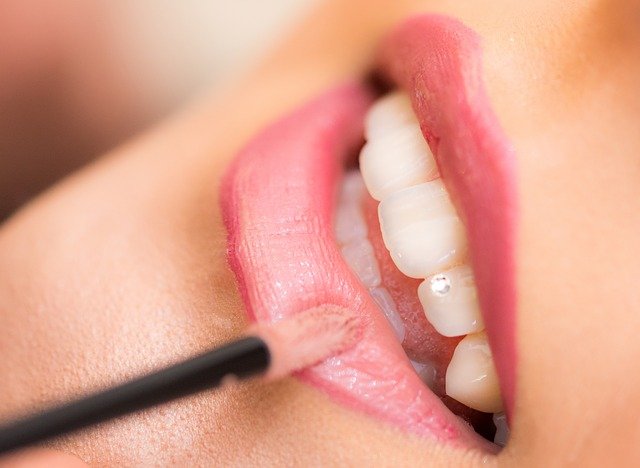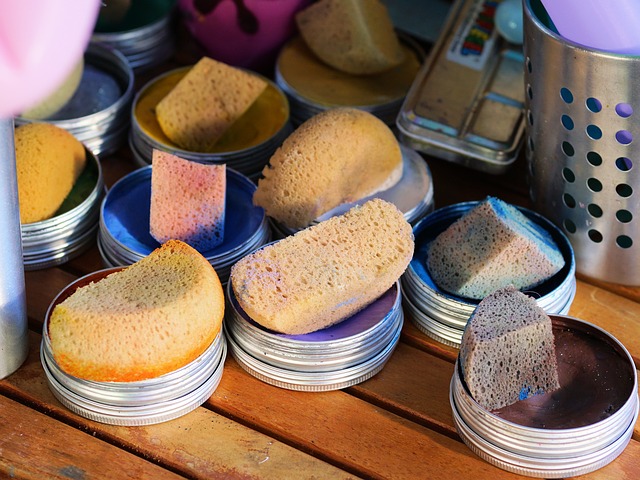If you’re one of the many individuals with sensitive skin, you know how challenging it can be to find the right balance in your skincare routine. You’re likely no stranger to irritation, redness, and dryness, which can be frustrating and uncomfortable. To achieve healthier, calmer skin, adopting a thoughtful approach is crucial to making informed choices about the products and techniques you use. By making a few simple adjustments, you can notably improve the well-being of your skin – and that’s exactly where these 7 essential skincare tips come in, providing you with the guidance you need to get started. Incorporating gentle, non-irritating ingredients into your routine can help soothe sensitive skin while promoting a healthy complexion. Additionally, focusing on hydration and nourishment is key, as these elements can enhance mature skin effectively, ensuring that it remains supple and resilient. By prioritizing your skin’s unique needs and being mindful of how it reacts to different products, you can create a personalized regimen that fosters lasting beauty and comfort.
Soothe Skin With Gentle Cleansers
When you're dealing with sensitive skin, choosing a gentle cleanser is crucial because it helps calm irritation and prevent reactions, allowing your skin to heal and function properly. You want a cleanser that effectively removes dirt, makeup, and impurities without stripping your skin of its natural oils. Look for a fragrance-free and hypoallergenic cleanser that's specifically formulated for sensitive skin.
You should also check the ingredient list to confirm it doesn't contain any harsh chemicals or dyes that might irritate your skin. Gently massage the cleanser onto your damp face, then rinse with lukewarm water. Avoid using hot water, as it can further dry out and irritate your skin. Pat dry your face with a towel instead of rubbing vigorously. By choosing the right cleanser and using it correctly, you can help soothe and calm your sensitive skin, reducing redness and discomfort. This sets the stage for a skincare routine that effectively addresses your skin's specific needs and promotes overall skin health.
Exfoliate With Caution and Care
Now that you've chosen a gentle cleanser and are using it correctly to soothe and calm your skin, it's time to ponder the role exfoliation plays in caring for sensitive skin. You may wonder if exfoliating is even necessary, but the answer is yes – it helps remove dead skin cells and promotes cell turnover. However, you need to do it with caution to avoid irritating your skin. Start by exfoliating once a week and gradually increase the frequency if your skin can handle it.
When exfoliating, choose a gentle scrub or a chemical exfoliant containing alpha-hydroxy acids (AHAs) or beta-hydroxy acids (BHAs). Avoid physical exfoliants with rough particles, like walnut shells or apricot pits, as they can cause micro-tearing and irritation. Instead, opt for a gentle, fragrance-free exfoliant specifically formulated for sensitive skin. Be gentle when massaging the exfoliant onto your skin, and rinse thoroughly with lukewarm water. Pat dry and follow up with a soothing moisturizer to calm and hydrate your skin. Remember, exfoliating is not a one-size-fits-all process, so be patient and adjust your approach as needed to find what works best for your sensitive skin.
Neutralize Redness and Irritation
To combat the frustration of red, irritated skin, you'll want to incorporate soothing products and techniques into your daily routine that are specifically designed to neutralize redness and irritation. Start by using a gentle, non-comedogenic cleanser that effectively removes dirt and impurities without stripping your skin of its natural oils. Look for products containing anti-inflammatory ingredients like aloe vera, green tea, or chamomile, which can help calm and soothe irritated skin.
When your skin is red and irritated, it's crucial to avoid further aggravating it. Be gentle when washing your face, and avoid using hot water, which can strip your skin of its natural oils and cause further irritation. Instead, use lukewarm or cool water to help reduce inflammation. You can also try using a cool compress or a facial spray to help calm and neutralize redness. By incorporating these soothing products and techniques into your daily routine, you'll be well on your way to reducing redness and irritation and achieving a more balanced, healthy complexion. Remember, patience and consistency are key, so stick to your routine and give your skin time to respond.
Use Fragrance-Free Products Only
Eliminating fragranced products from your skincare routine is crucial for sensitive skin, as fragrances can trigger allergic reactions, irritation, and dryness. You may not even realize that your favorite scented moisturizer or cleanser is causing your skin to flare up. Fragrances can be particularly problematic for sensitive skin because they can penetrate deep into the skin, causing inflammation and discomfort.
When shopping for skincare products, make sure to read the labels carefully. Look for products labeled as 'fragrance-free' or 'unscented.' These products have been formulated to minimize the risk of irritation and allergic reactions. You should also be wary of products that are labeled as 'natural' or 'organic,' as these terms don't necessarily mean that the product is fragrance-free. Always do a patch test on a small area of skin before using a new product to guarantee that you don't have any adverse reactions. By using fragrance-free products only, you can markedly reduce the risk of irritation and help your sensitive skin feel more calm and comfortable. This simple switch can make a big difference in your skincare routine.
Hydrate With Non-Comedogenic Moisturizers
Embracing a moisturizer labeled 'non-comedogenic' or 'oil-free' can help you hydrate your sensitive skin without clogging pores or exacerbating irritation. You'll find these labels on products that are specifically designed not to block pores, making them perfect for acne-prone skin or skin that's easily irritated. When shopping for a non-comedogenic moisturizer, look for lightweight, water-based formulas that won't suffocate your skin.
As you apply your moisturizer, remember to do so gently, as rough or vigorous rubbing can further irritate sensitive skin. Instead, use light, upward strokes to help your skin absorb the product. Be cautious not to over-moisturize, as this can lead to clogged pores and more irritation. Start with a small amount and gradually increase as needed. Also, be patient and give your skin time to adjust to the new product. You may need to try a few different non-comedogenic moisturizers before finding the one that works best for your sensitive skin. With the right product, you can enjoy hydrated, healthy-looking skin without the risk of irritation.
Protect Skin From Sun Damage
Your skin's natural barrier against environmental stressors can be strengthened by shielding it from the sun's harsh ultraviolet (UV) rays, a crucial step in safeguarding sensitive skin from damage. You can do this by using a broad-spectrum sunscreen with a Sun Protection Factor (SPF) of at least 30, even on cloudy days, as UV rays can pass through clouds. Apply sunscreen 15-30 minutes before going outside and reapply every two hours or immediately after swimming or sweating. Don't forget to cover often-overlooked areas like the tops of your ears, nose, and the back of your neck.
When spending time outdoors, you should also wear protective clothing, such as a wide-brimmed hat and long-sleeved shirt, to further shield your skin from the sun's rays. Seek shade, especially during peak sun hours (10am-4pm), when the sun's rays are strongest. By taking these simple steps, you'll be protecting your sensitive skin from the sun's damaging effects, reducing the risk of premature aging, redness, and irritation. This will help you maintain healthy, resilient skin that looks and feels its best.
Limit Makeup and Product Usage
Now that you've taken steps to protect your skin from the sun's damaging effects, focus on minimizing potential irritants in your daily skincare routine by paring down your makeup and product usage. You'll want to take a closer look at the products you're using and get rid of any that contain harsh ingredients, artificial fragrances, or dyes. These can cause irritation, inflammation, and even allergic reactions.
Limit your makeup usage to only the essentials, such as a gentle foundation or tinted moisturizer, and a bit of mascara. Avoid heavy eyeshadows, blushes, and lip colors, as these can contain a cocktail of irritating ingredients. Also, be mindful of the tools you use to apply your makeup, such as brushes or sponges, which can harbor bacteria and cause breakouts.
At a Glance
You've got the basics down to take care of your sensitive skin. Now, remember to stick to your gentle skincare routine, be gentle when exfoliating, and keep product usage to a minimum. Use non-comedogenic moisturizers and avoid harsh chemicals. Don't forget to protect your skin from the sun and limit makeup. Your skin will thank you. By following these tips, you'll be able to maintain your skin's delicate balance and keep irritation at bay.






